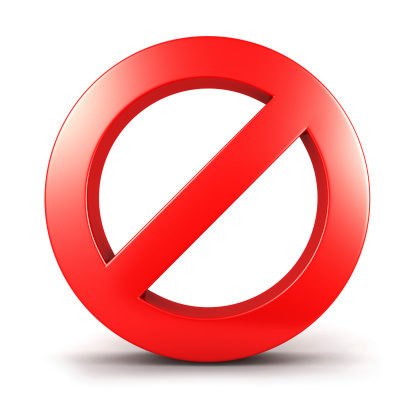Washington, D.C.—The U.S Food and Drug Administration has issued a consumer alert against the use of the stimulant dimethylamylamine (DMAA) in illegal dietary supplements. DMAA is often found in weight-loss, muscle-building and performance-enhancing products.
As of April 11 of this year, FDA received 86 reports of illness and death in relation to DMAA. Consumers suffered from cardiovascular and breathing problems after using illegal supplements containing DMAA. These harmful effects can be even worse when DMAA is mixed with caffeine.
Previously, FDA told companies marketing products with this ingredient (which is not intended for supplements) to stop their distribution due to safety concerns, and all agreed to cease using DMAA in their supplements.
One firm, USPlabs however, original refuted FDA’s warning letter dated December 4, 2012 with a report of its own that defended DMAA. The agency didn’t buy the data and was preparing a formal response. But on April 16, the firm announced it would remove DMAA from its supplements, which includes OxyElite Pro and Jack3d. The company said in a prepared statement, "“USPlabs stands by the safety and legality of its products containing the dietary ingredient 1,3-DMAA. We disagree with FDA’s position. … The company has nevertheless concluded for business reasons to phase out products containing 1,3-DMAA."
FDA’s director of the Dietary Supplement Program, Daniel Fabricant, Ph.D, urges consumers to be alert when purchasing dietary supplements. “Consumers may mistakenly look at a capsule and think the FDA has signed off on that product as safe and effective prior to that product appearing on the market, as we do with drugs and other medical products. In contrast, with dietary supplements, there is no pre-market approval, and once a product is on the market, the burden is on the FDA to prove that a product is unsafe.”
The question of whether DMAA is safe and appropriate for sale as a legal dietary supplement ingredient has been battered about for over a year. With this new warning from FDA, groups like the Council for Responsible Nutrition are now calling upon all supplement makers to stop making and selling DMAA products.
Published in WholeFoods Magazine, June 2013 (online 4/19/13)










